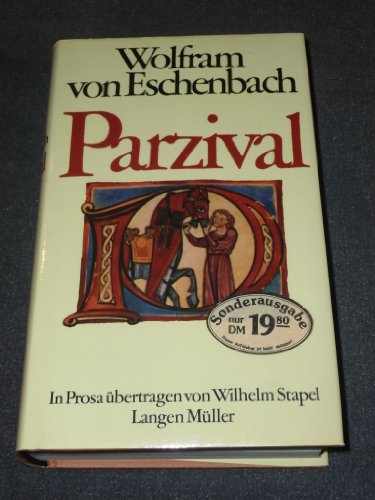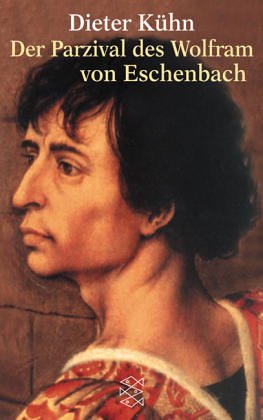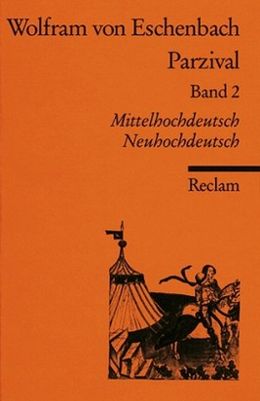
They tell him about the glory of King Arthur’s court, and Parzival resolves to go. Not knowing what they are, he thinks they are gods.

One day, the boy sees three knights in a clearing. Queen Herzeleide raises Parzival in the wilderness to keep him ignorant of knighthood. He wins the love of Queen Herzeleide, marries her, and is murdered in Alexandria before Parzival is born. Gamuret gets tired of the quiet life and abandons his family to return to Seville. He has a son named Feirefis by her, a boy whose skin is mottled black-and-white, denoting his parents’ interracial marriage. The knight ventures to the Middle East, where he saves the Moorish Queen Belakane, marries her, and becomes king. The beginning of the tale focuses on Parzival’s father, Gamuret. Eschenbach’s writing style is lively, witty, and full of humorous asides that confound scholars. He fails in his first attempt but later succeeds. The story follows a young man named Parzival as he becomes a knight of the Round Table and pursues the Holy Grail. The romance’s original language is Middle High German (contemporaneous to Middle English) the first English translation of the text was 1894.

Scholars estimate that the work was written sometime between 1200-1215. The isolated independence of Book IX is also brought out by the link between the close of Book VIII (432,29f.), where Gawan sets out on his vain quest for the Grail, and the opening of Book X (503,21ff.), where the same quest is reported of him again, a link which contrasts ironically with Parzival's penetration of Grail-territory and instruction in its mysteries in the intervening Book devoted to him alone.Īs in other Books, but especially because instruction in the mysteries of the Grail brings to the fore the theme of a cognitive progress, great store is set on the listeners' ignorance or knowledge by comparison with a character in the story.Parzival is a medieval romance by Wolfram von Eschenbach, one of Germany’s greatest medieval poets. This is made expressly clear at the start of the Book (433,1ff.) with its prologue-like dialogue with frou Âventiure, necessary after Parzival has for so long been lost to view while Gawan dominated the narrative foreground, and at the start of the following Book, when the return of the narrative action to Gawan is likewise pointed out (503,1: Ez nœht nu wilden mœren).

Coming after two Books and before another four Books with Gawan as their primary hero, Book IX stands out as being concerned exclusively with des mœres hêrre. Book IX forms a more obviously self-contained narrative unit than any of the groups of Books dealt with in other chapters.


 0 kommentar(er)
0 kommentar(er)
